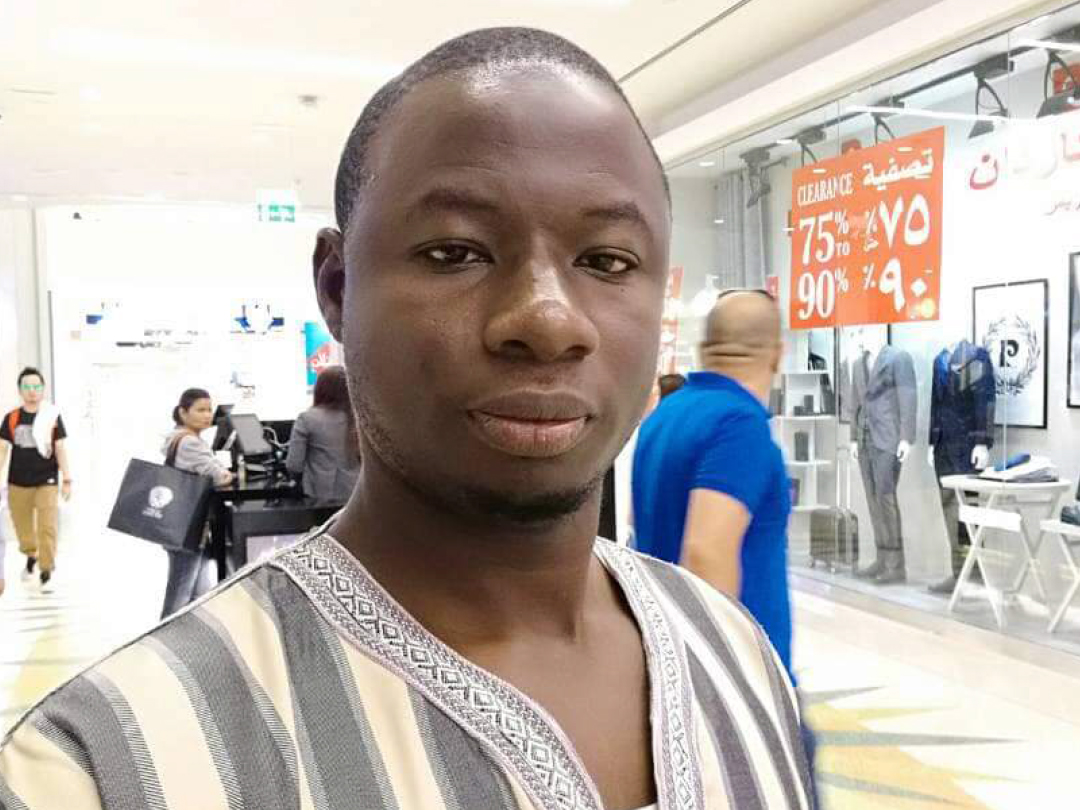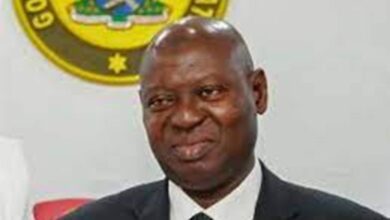
The ECOWAS Community Court of Justice has issued a judgment in a high-profile human rights case brought by the family and estate of slain Ghanaian investigative journalist Ahmed Hussein-Suale Diveala, dismissing all claims against the Republic of Ghana.
This case was heard in accordance with Article 8(1) of the ECOWAS Court’s Practice Direction on Electronic Case Management and Virtual Court Sessions and centered on allegations of serious human rights violations by Ghana, a member state of ECOWAS.
Background of the Case
In the case, Yunus Al-Hassan, the biological brother of the deceased, and the estate of Ahmed Hussein-Suale Diveala, representing his family and dependents, alleged that Ghana breached several fundamental rights protected under international human rights treaties.
These rights included the right to life, dignity, liberty, equality, health, effective remedies, and freedom of expression, as guaranteed by the African Charter on Human and Peoples’ Rights and the International Covenant on Civil and Political Rights.
The applicants claimed that the Ghanaian government failed to protect the deceased despite known threats against him, inadequately investigated and prosecuted those responsible for his assassination, and did not uphold its obligations under international law to safeguard journalists and freedom of expression.
The Murder of Ahmed Hussein-Suale
According to the applicants, Ahmed Hussein-Suale, a 31-year-old investigative journalist affiliated with the Tiger Eye P.I. media group, was ambushed and fatally shot near his residence in Madina, Accra, on January 16, 2019.
His journalistic work made him a target of hostility, particularly following his involvement in landmark investigations such as “Spirit Child” (2013), which exposed the ritual killings of disabled children, and “Ghana in the Eyes of God” (2015), which resulted in the suspension of multiple judges due to judicial corruption.
A central claim in the case involved Ghanaian MP Kennedy Agyapong, who had publicly revealed the deceased’s identity and allegedly incited violence against him during a live television broadcast. The applicants contended that the state failed to act on this threat and thus bore responsibility for the journalist’s death.
Respondent’s Defense
The Republic of Ghana denied all allegations of negligence and human rights violations.
The state outlined law enforcement actions taken after the murder, including eyewitness accounts, forensic analysis, and multiple arrests; however, none of the suspects were positively identified by witnesses.
Ghana confirmed that prominent individuals, including Agyapong and former Ghana Football Association president Kwesi Nyantakyi, were interviewed by police, but all denied involvement.
The state asserted that it had cooperated with academic institutions and utilized national security databases in its investigative efforts, disputing the claim of failing to investigate. It also noted that the case remains under active criminal investigation, limiting public disclosure to protect the integrity of the case.
Court’s Ruling
The ECOWAS Court affirmed its jurisdiction under Article 9(4) of the Protocol on the Community Court of Justice, which grants it authority to adjudicate alleged human rights violations in any member state.
The Court found the application admissible under Article 10(d) of the same protocol, noting that the applicants were not anonymous and that the matter was not pending before any other international tribunal.
However, the Court rejected the merits of the applicants’ claims, holding that they failed to establish that the Ghanaian state was complicit in or willfully negligent regarding the murder of Hussein-Suale.
While acknowledging that the journalist’s death was a tragic loss, the Court determined that the evidence did not support a violation of Ghana’s obligations under international human rights law.
The Court also addressed the applicants’ legal standing, stating that Yunus Al-Hassan (the first applicant) had not submitted sufficient proof of his relationship to the deceased, and the estate (the second applicant) failed to establish legal capacity as a claimant entity.
Costs and Conclusion
In accordance with Article 66 of the Court’s Rules, and noting that the applicants had not specifically requested cost recovery, the Court ordered that each party bear its own costs.
In its final operative clause, the ECOWAS Court declared that:
– It has jurisdiction to hear the matter;
– The application is admissible;
– All claims against the Republic of Ghana are dismissed for lack of merit.
This judgment marks the conclusion of a widely watched case involving freedom of the press, state accountability, and the protection of investigative journalists in West Africa.







